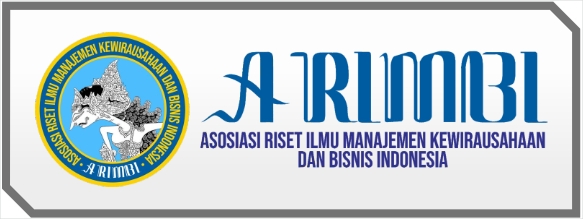ANALYSIS OF THE FINANCIAL LITERACY ON ECONOMIC GROWTH IN INDONESIA
Keywords:
Financial Literacy, GDP, MS, INV, Savings, Total LoansAbstract
The higher a person's financial literacy, the greater the level of utilisation of financial products and services. Expenditure management can take advantage of financial literacy so that it can maintain finances in meeting its needs, and good financial conditions will reflect economic growth that continues to increase. The purpose of this study is to determine the effect of financial literacy on economic growth with indicators such as balance of payments, investment, total loans, savings, money supply and interest rates. With the vector autoregression (VAR) analysis method which results in that the balance of payment variable has a mutual effect on investment. Then investment and economic growth are also influenced by savings and money supply and affect interest rates and the amount of loans. So as to limit the risk of financial literacy failure in the financial system, it is necessary to increase financial risk with product innovation in the financial sector.
Downloads
Published
How to Cite
Issue
Section
License
Copyright (c) 2024 TRANSACTION : Journal of Taxation, Accounting, Management and Economics

This work is licensed under a Creative Commons Attribution-ShareAlike 4.0 International License.















